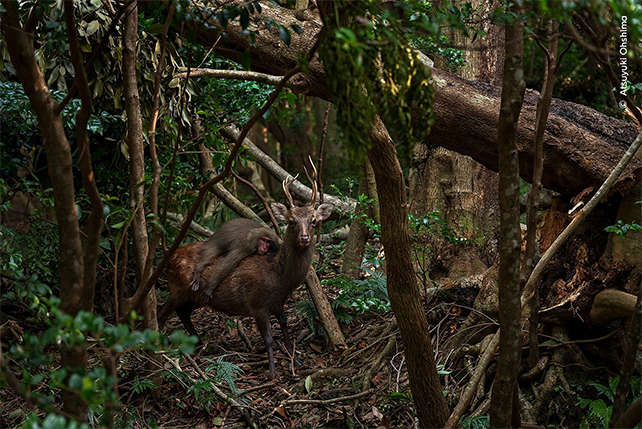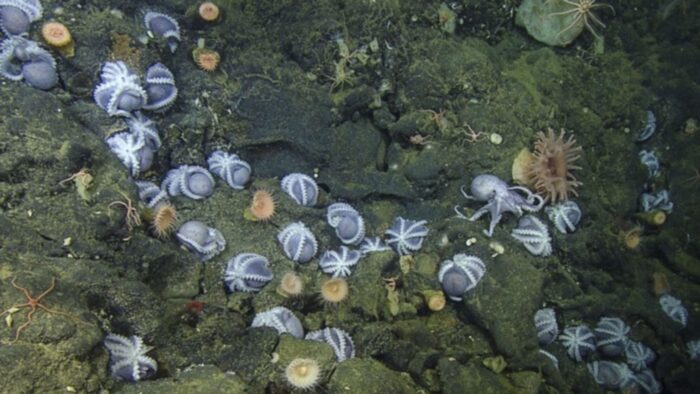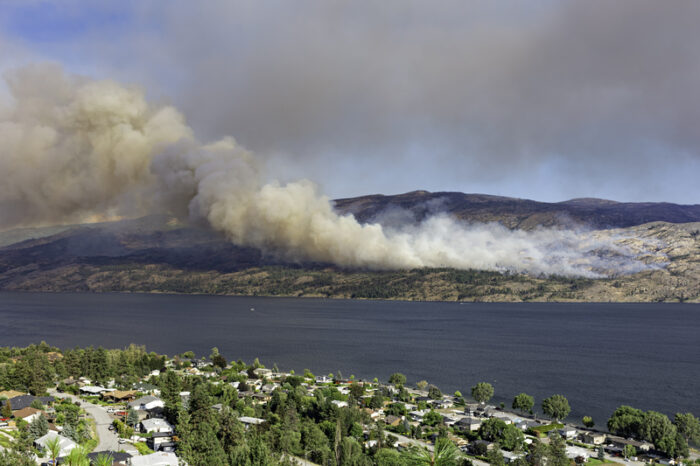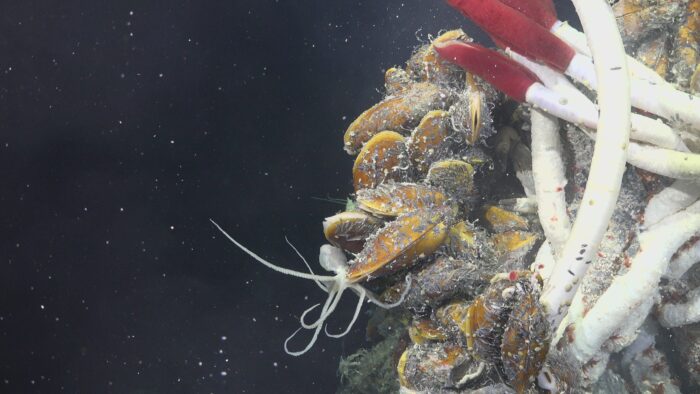Climate change is a real issue—one that activists and scientists are trying to get governments to address every day. In fact, halting and reversing rising world temperatures is the whole reason for COP26, the UN Climate Conference that is currently happening in Glasgow, Scotland.
At the same time, the effects of these rising temperatures are already being felt. And even if we stopped producing all greenhouse gases today, it would still take many years to reverse the warming trend. This means that we need to address issues like increased floods, wildfires, and fierce storms now.
One such issue is drought, or lack of precipitation. Many areas are already getting less rainfall than usual and this affects crops and farmers. That is why a group of scientists went to the Atacama Desert in Chile to see if they could learn more about plant survival in harsh climates. And after a decade of research, a team of Chilean and American scientists think they've hit a breakthrough. They have isolated the genes that allow plants to withstand the desert's brutal conditions.
It's like a secret blueprint for survival!
Life in the desert
Atacama receives so little rain and cloud cover that it is a popular place for interstellar telescopes. (Getty Embed)
To understand how this might help, let's visit the Atacama. This desert is located on the west coast of central South America. Despite being so close to the ocean it is bone dry. In fact, it is the driest non-polar desert on the planet (fun fact: the driest desert on Earth is actually much of Antarctica, which is covered in white stuff, but almost never sees an actual snowstorm). Though the temperature in the Atacama is actually very mild—averaging around 18°C/63°F—it basically never, ever rains there.
And yet, there is plant life. And a decent amount of it, too. What's even more interesting, there is a long history of farming in the area as well. Despite getting less than a millimetre of rain a year, plants somehow survive. Which brings up the thought:
If more parts of the world are experiencing droughts, is there anything that we can learn from plants in the Atacama?
Super genes
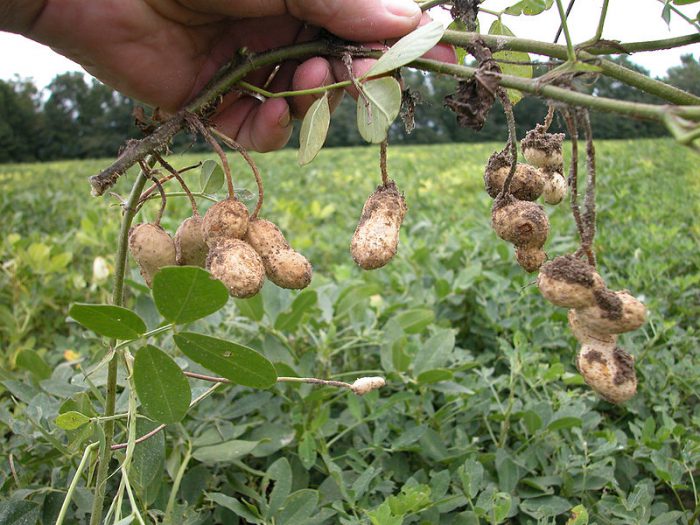
Legumes, such as these peanuts, are some of the types of crops that might benefit from this research. (Wikimedia Commons)
To answer this question, scientists carefully studied plants from 22 differenet locations in the desert. They studied them both on location (also called 'in situ') and in a lab. They also collected soils from the desert.
Eventually, they collected data from 32 of the most common plants species in the Atacama. Then they compared them with 32 closely related species from other parts of the world with more normal rainfall and climate. The goal was simple: Find how being stuck in the Atacama had changed these plants.
In the end, they were able to identify a host of different genes that appeared in the Atacama plants. It is highly likely that these genes contain the secrets that allow plants to make a life for themselves in the desert. A place where most other plants would just whither and die.
The only thing left to know is, Can these secrets be passed on? According to Chilean biologist Rodrigo Gutiérrez, who worked on the study, the answer might be "Yes!"
"As some Atacama plants are closely related to staple crops, including grains, legumes [beans, peanuts, and lentils], and potatoes, the candidate genes we identified represent a genetic goldmine to engineer more resilient crops," he says in the New York University website.
In other words, it is possible that what has been learned in this study can be used to breed more drought-resistance crops around the globe. It's not a reason to stop caring about climate change, but it could become very useful knowledge all the same!
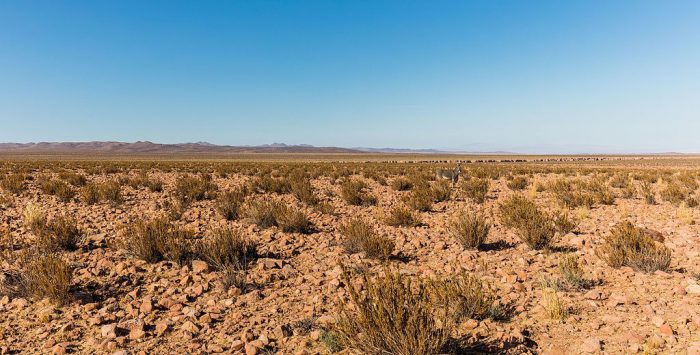 The Atacama Desert is not kind to living things, but some plants are able to thrive there. (Wikimedia Commons)
The Atacama Desert is not kind to living things, but some plants are able to thrive there. (Wikimedia Commons)
